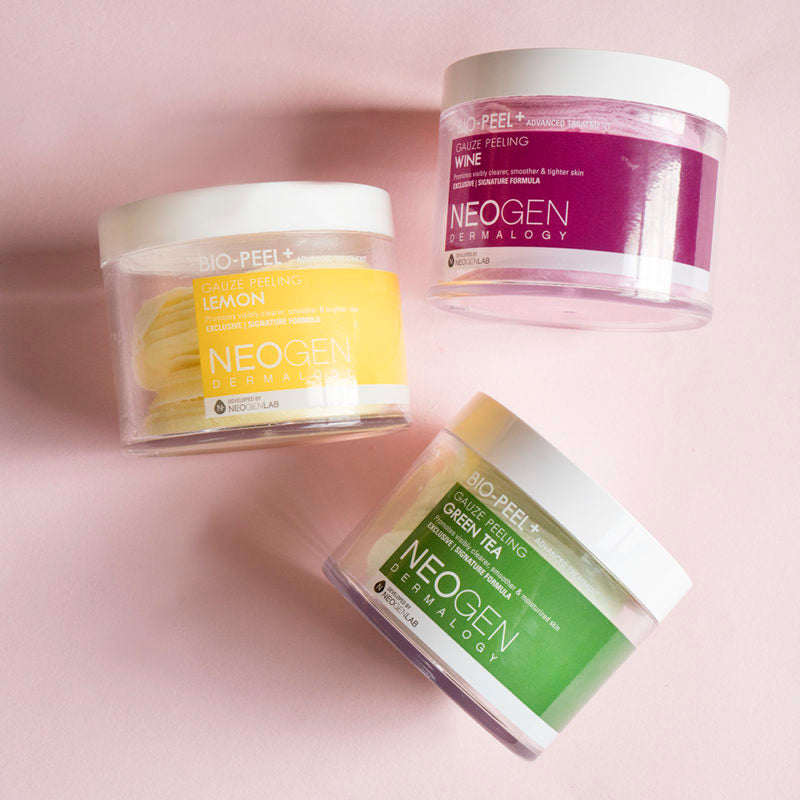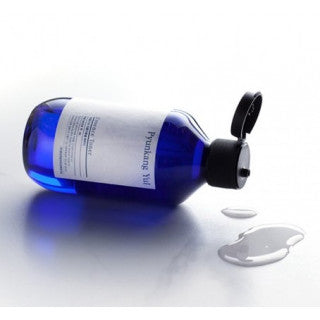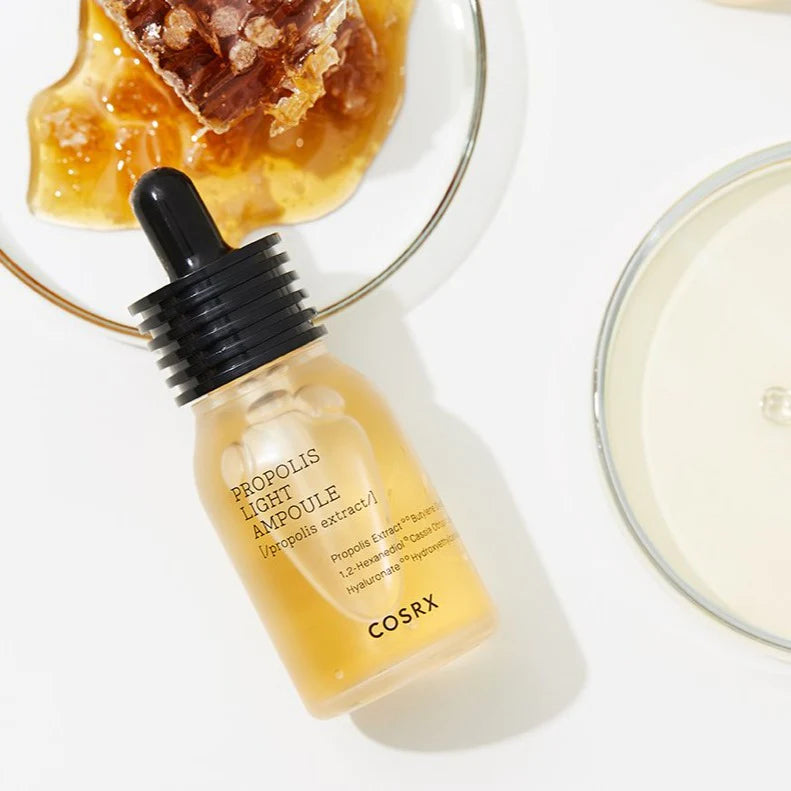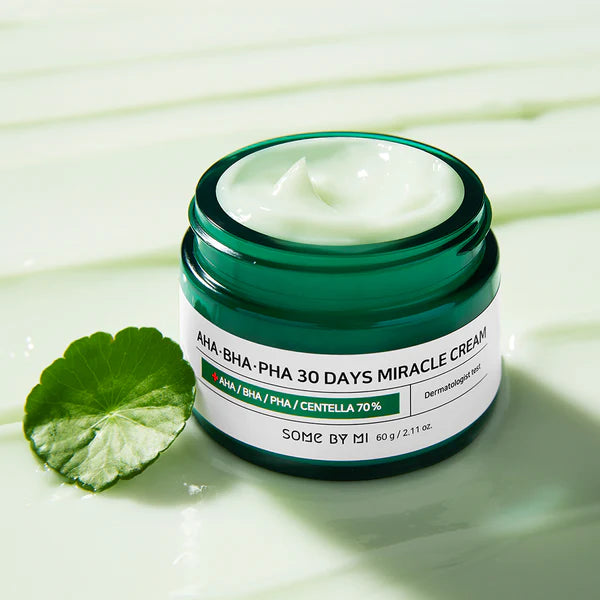
As the weather gets colder and the cold creeps into our days, many of us revisit our skincare routines. With the advent of winter, often unsolicited advice and rumors on the best way to protect and hydrate our skin spread rapidly, creating fertile ground for false beliefs. And while some suggestions may have a grain of truth, others are nothing more than myths that deserve to be corrected. Let's explore and correct three common misconceptions regarding winter skincare.
Myth #1: "In winter, avoid light moisturizers in favor of richer ones"
A common misconception is that you need to replace light moisturizers with heavier, richer creams as soon as the cold hits. While it's true that skin may require extra attention during the winter, that doesn't mean everyone needs to change their usual moisturizer. Skin that benefits from a light lotion during the summer may continue to benefit from it in the winter, especially if you live in a heated indoor environment where the air isn't overly dry. It's key to listen to your skin—if you don't feel dryness or discomfort, there's no reason to switch to a heavier moisturizer. Plus, for those with acne-prone or combination skin, a thicker product could actually make the situation worse. Instead of completely changing your cream, you can consider adding a hydrating serum or hyaluronic acid booster to strengthen the effect of your usual moisturizer.
Myth #2: "You don't need to use sunscreen in the winter"
The winter sun can be deceiving. Even if UV rays seem less intense, they can still damage the skin. The sun protection factor (SPF) is therefore a must even on the darkest days of November or during a walk in the snow. Be sure to apply a broad-spectrum sunscreen to all exposed areas, renewing it as you would on a summer day.
Myth #3: "Hot water is better for warming up and does not harm the skin"
In cold weather, the temptation to warm up in a hot shower is strong, but hot water can be an enemy to your skin, especially in winter. Excessive heat can in fact strip the skin of its natural oils, leaving it dry and irritated. It is best to opt for lukewarm water and limit the time spent in the shower or bathtub. Immediately after, apply a moisturizer to help seal in moisture.
Let's remember that each skin type has its own specificities and could react differently to climate changes. Therefore, it is always advisable to consult a dermatologist for personalized advice, especially if you suffer from particular skin conditions. With careful, informed care, you can keep your skin healthy and radiant, even when temperatures drop.







